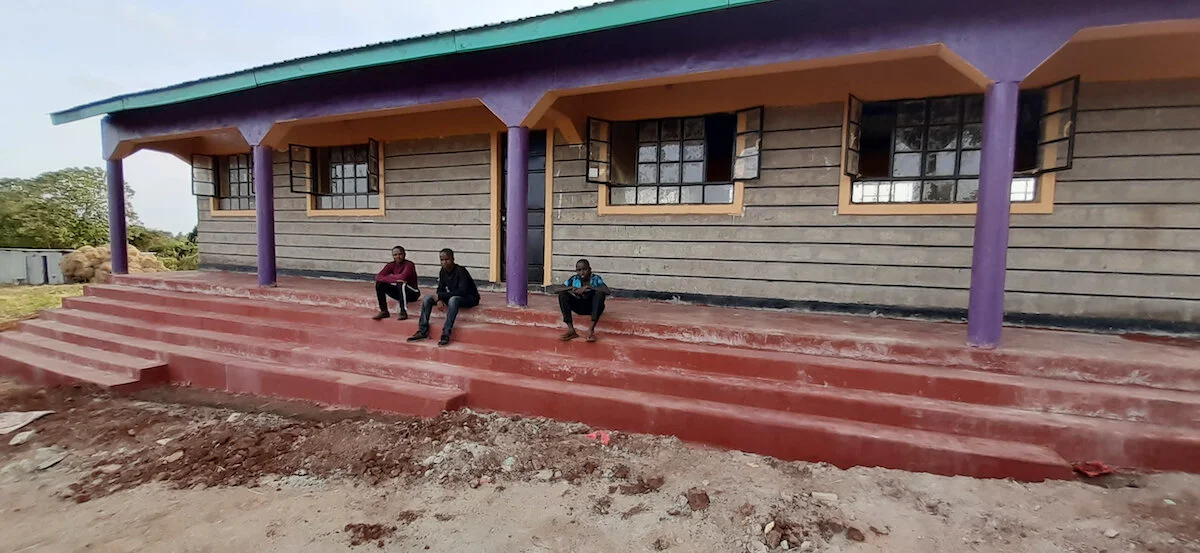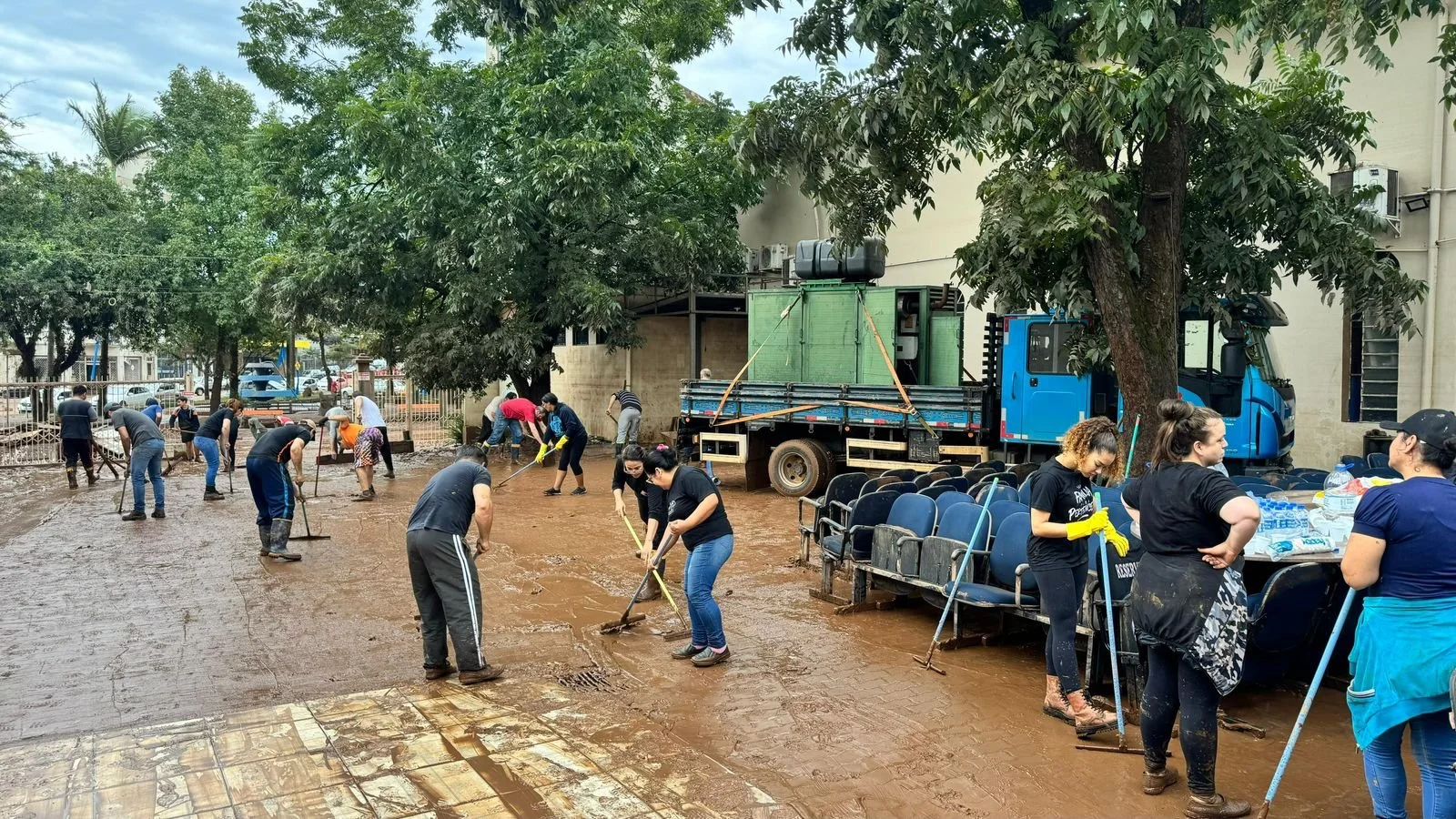An Update from Marsabit, Northern Kenya
“Without such schools, I might never have [had the] opportunity to go to school in the first place. I owe my future to the church.”
– Jane, a teacher in Marsabit Kenya.
Marsabit, Kenya
“We live in a time and in a place and in a culture where we need to look at our self-centeredness and how much of our life revolves around us. The giving of alms helps us in this. It helps us to get our eyes off of ourselves and onto the Lord’s mission in the world.”
- Archbishop Foley Beach, Anglican Church of North America
This Lent we are exploring several ARDF projects that still need funding. As you practice the discipline of Almsgiving or are collecting change for your mite boxes, consider the needs of our partners.
Today we look at a project in northern Kenya where we are partnering with the Diocese of Marsabit.
While Kenya is a relatively prosperous country, the region in the north of the country is a different story. A majority of northern Kenyans are nomadic; most people live on only $2 a day. It is such a different region that when people leave the county of Marsabit to travel to the capitol, Nairobi, in the south, they say they “are going to Kenya.”
In order to break the cycle of poverty in Marsabit County, the Anglican church operates pre-schools and primary schools that provide an award-winning education for members of the community, no matter their faith. These schools influence not only individual children and families but the entire community through the nurturing of future Christian leaders. In a majority Muslim region where tribal divisions run high, the teachings of Jesus offer a tangible anecdote to the recurring conflict in the region.
However, having a solid primary education is just the beginning. Primary school graduates desire to continue their education in order to meaningfully contribute to the development of the region.
Currently, the diocese of Marsabit is in the process of building a high school. To date, one classroom has been completed and they are building a 100,000 liter cistern, and work has begun on a 30 foot deep latrine. The school will eventually have several classrooms, a library, a chapel, and a multi-purpose hall that can double as a dining area. The goal is to open the school in the summer of 2022.
When completed, this cistern will provide a consistent supply of clean water to the school.
The first classroom has been completed!
For a project this complex, research and evaluation have been especially important. The Bishop of Marsabit, the Rev. Qampicha Daniel Wario has gathered a strong team of educators, engineers, and community leaders as part of the process. This means that while progress has not been as fast as initially expected, the end result will be a school that meets the government’s criteria while offering an exceptional, Christian, education to those in a community with limited opportunities.
Currently, if students in Marsabit seek to continue their studies, they must leave the region for high school and discontinue their Christian education. This is a hardship on families as well as the community, as the most accomplished children leave the region and potentially their faith.
The first phase of this project has been funded. However, to fully build out St. Andrew’s, more funds are necessary. We ask that you join us in supporting this project.










